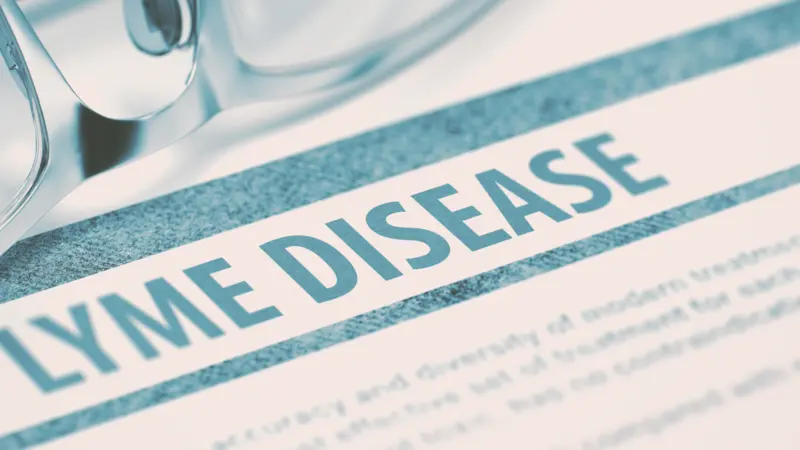

WELLthier Living and Aging

WELLthier Living and Aging
Lyme Disease Masquerades as Depression
The telltale signs of depression, including lethargy, suicidal thoughts, and overall sadness, may actually be symptoms of Lyme disease. The disease, which is a bacterial infection transmitted through the bite of an infected deer tick, interferes with the immune system and causes inflammation. The infection can also affect the brain by impacting mood, hindering the ability to learn, and disrupting the regulation of emotions. Early detection is crucial to prevent damage to the brain, but Lyme is often misdiagnosed as depression.
Why don’t doctors regularly test for Lyme disease? Many health professionals are unaware of the connection between infection and psychiatric problems. If a patient presents with symptoms of depression, the health professional may not test for infectious disease or look more closely at the brain for signs of inflammation. Thus, Lyme often goes undiagnosed or misdiagnosed while the immune system stays compromised, inflammation causes further damage, and the brain deteriorates.
Research has found that infectious diseases like Lyme are a major contributor to mental illness and cognitive issues. One study that followed over 3.5 million people found there was a 62% increase for risk of developing mood disorders for those hospitalized with any type of infection in their lifetime.
A comprehensive evaluation includes brain imaging and lab screening tests to help provide a more accurate diagnosis. With an early diagnosis, Lyme can be treated effectively with antibiotics. Over time, if left untreated, symptoms of depression or other psychiatric and cognitive problems can emerge due to the brain’s inflamed state.
Change is possible in the process of diagnosing Lyme disease as patients advocate for their needs and more health professionals become aware of how infections of any kind can affect the brain. It’s predicted that within the next 30 years, infectious disease psychiatry will emerge as a major discipline of psychiatry.
REFERENCES
Amen Clinics. (2019, May 28). Can Lyme cause depression? Retrieved from http://www.amenclinics.com/blog/can-lyme-disease-cause-depression/


 By
By







